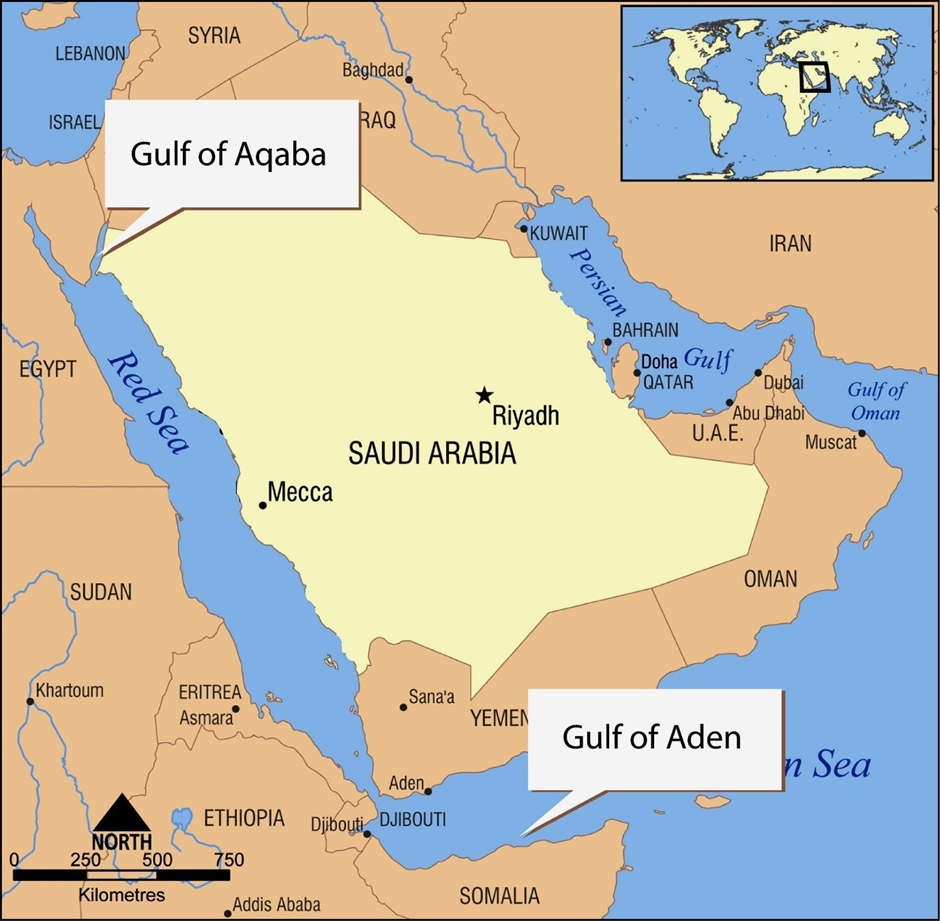Model Code of Conduct
Model
Code of Conduct
About:
*
The MCC is a set of
guidelines issued by the ECI to regulate political parties and candidates prior
to elections.
*
It helps EC in keeping
with the mandate it has been given under Article 324 of the Constitution, which
gives it the power to supervise and conduct free and fairelections to the
Parliament and State Legislatures.
*
The MCC is operational
from the date on which the election schedule is announced until the date of the
result announcement.
MCC
for Political Parties and Candidates:
Prohibitions:
*
Criticism of political
parties must be limited to their policies and programmes, past record, and
work.
*
Activities such as using
caste and communal feelings to secure votes, criticizing candidates on the
basis of unverified reports, bribing or intimidation of voters, etc. are
prohibited.
Meetings:
*
Parties must inform the
local police authorities of the venue and time of any meeting in time to enable
the police to make adequate security arrangements.
Processions:
*
If two or more candidates
plan processions along the same route, the political parties must establish
contact in advance to ensure that the processions do not clash.
*
Carrying and burning
effigies representing members of other political parties is not allowed.
Polling
Day:
*
Only voters and those
with a valid pass from the EC are allowed to enter polling booths.
*
All authorized party
workers at polling booths should be given suitable badges or identity cards.
*
Identity slips supplied
by them to voters shall be on plain (white) paper and shall not contain any
symbol, name of the candidate or the name of the party.
Observers:
*
The EC will appoint
observers to whom any candidates may report problems regarding the conduct of
the election.
Party
in Power:
*
The MCC incorporated
certain restrictions in 1979, regulating the conduct of the party in power.
Ministers must not combine official visits with election work or use official
machinery for the same.
*
The party must avoid
advertising at the cost of the public exchequer or using official mass media
for publicity on achievements to improve chances of victory in the elections.
*
From the time elections
are announced by Commission, the ministers and other authorities must not
announce any financial grants, or promise any construction of roads, provision
of drinking water, etc. Other parties must be allowed to use public spaces and
rest houses, and these must not be monopolized by the party in power.
Election
Manifestos:
*
The ECI directs that
political parties and candidates must adhere to the following guidelines while
releasing election manifestos for any election (Parliament/State Legislatures):
*
The election manifesto
shall not contain anything against the ideals and principles enshrined in the
Constitution.
*
Political parties should
avoid making promises that are likely to vitiate the purity of the election
process or exert undue influence on voters.
*
Manifestos should reflect
the rationale for promises and broadly indicate the ways and means to meet the
financial requirements for it.
*
Manifestos shall not be
released during the prohibitory period, as prescribed under Section 126 of the
Representation of the People Act 1951, for single or multi-phase elections.
Some
Recent Additions to the MCC:
*
The regulation of opinion
polls and exit polls during the period notified by the ECI.
*
The prohibition of
advertisements in print media on polling day and one day prior to it unless the
contents are pre-certified by screening committees.
*
The restriction on
government advertisements featuring political functionaries during the election
period.


Comments
Post a Comment